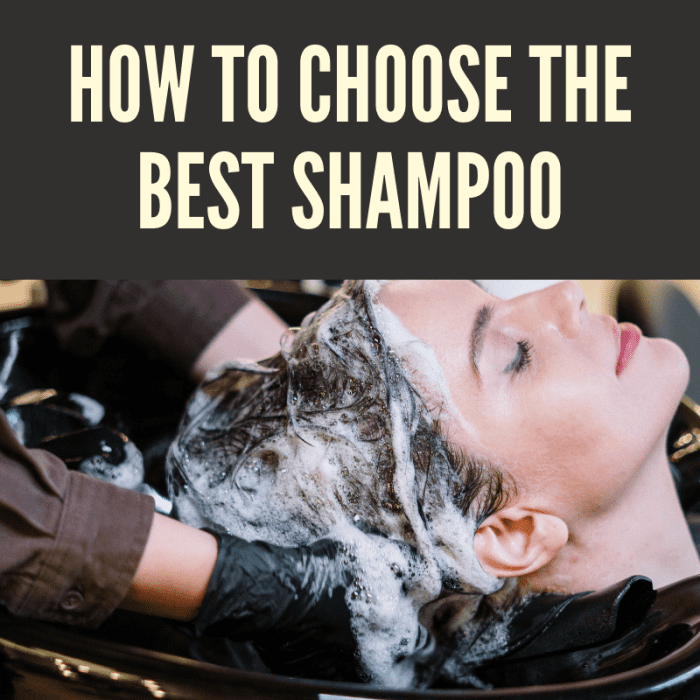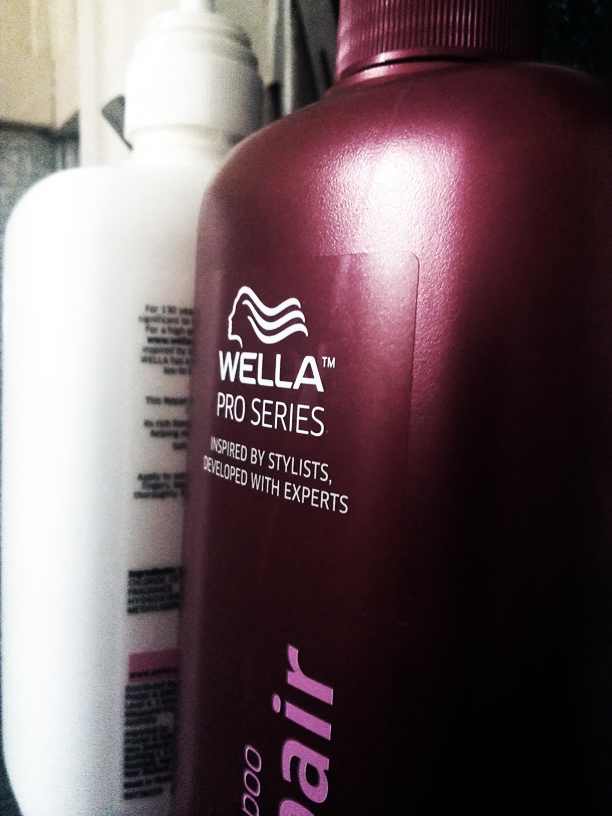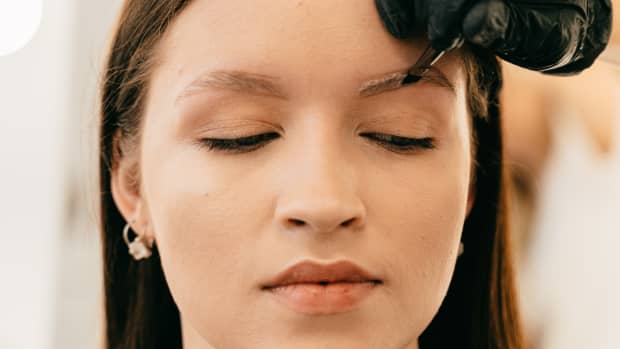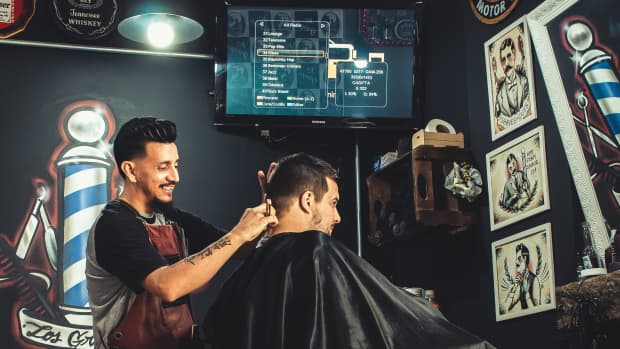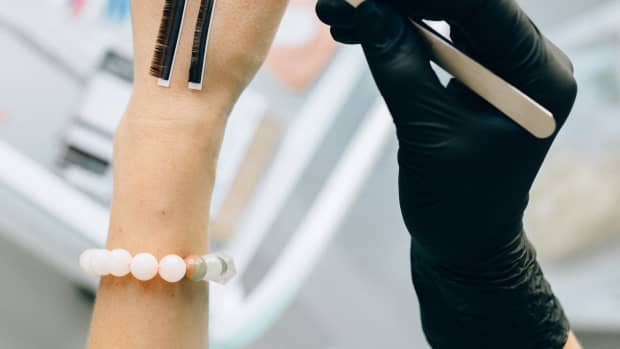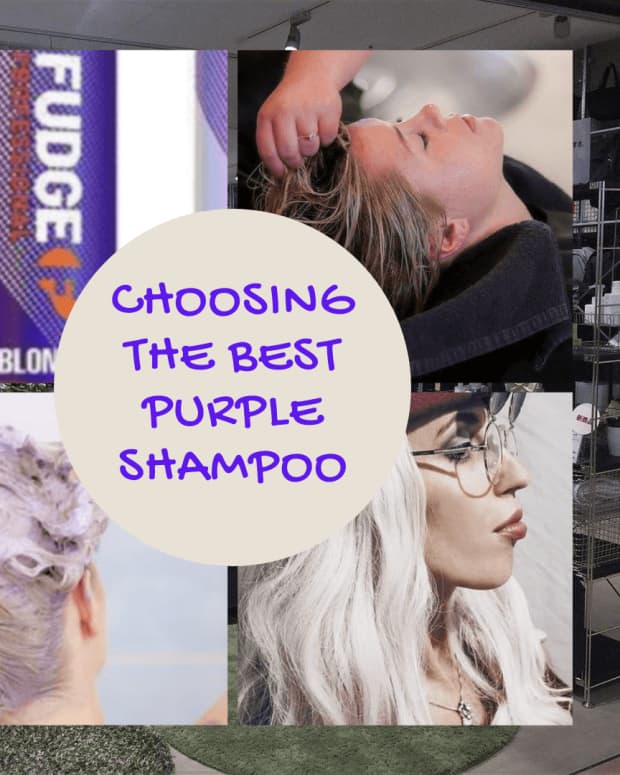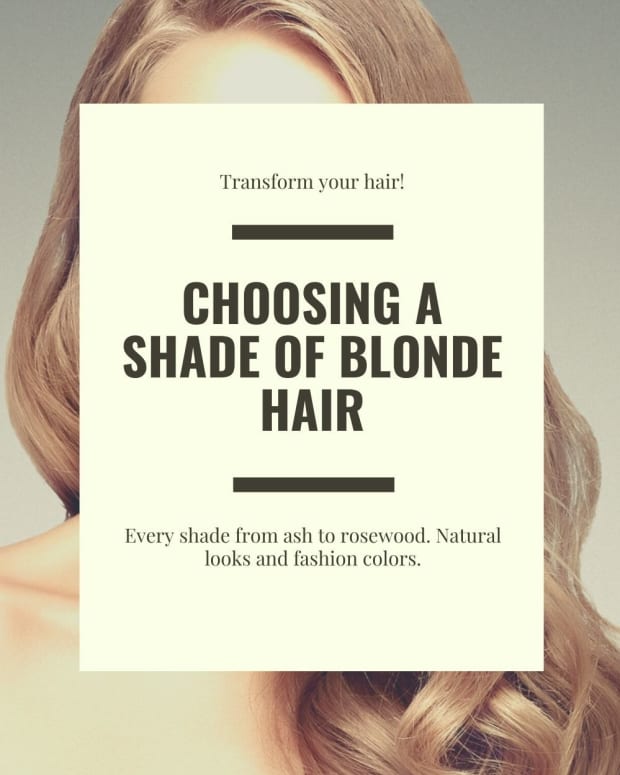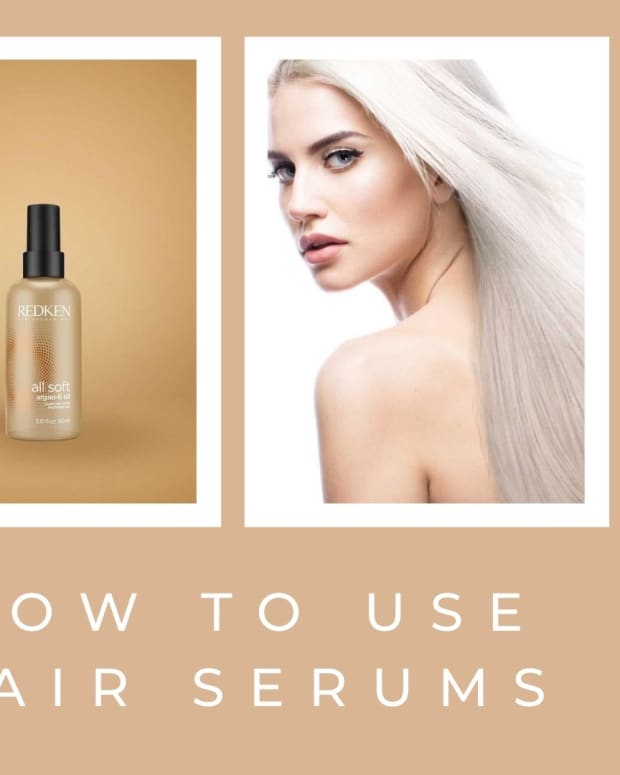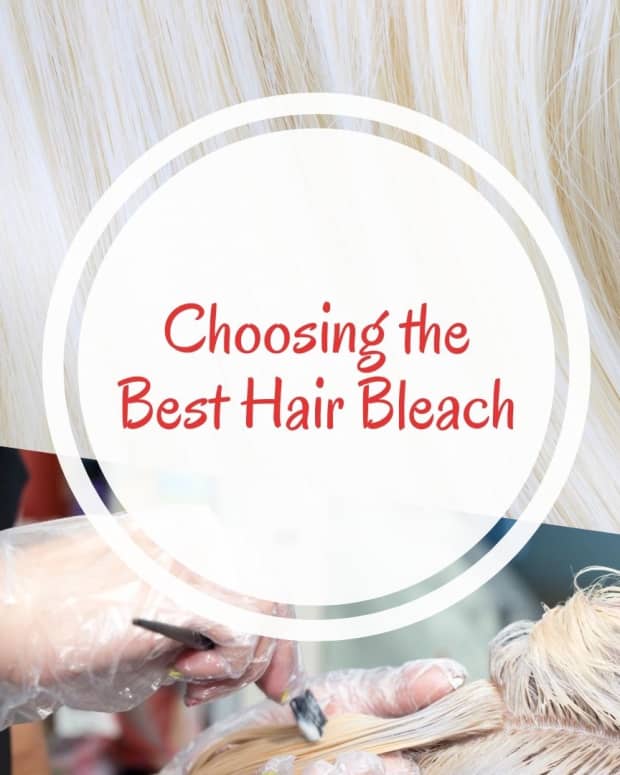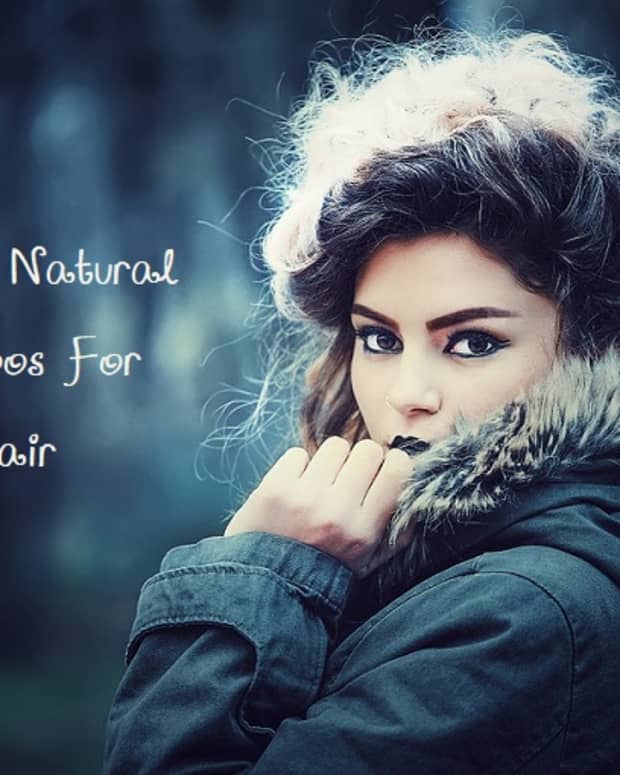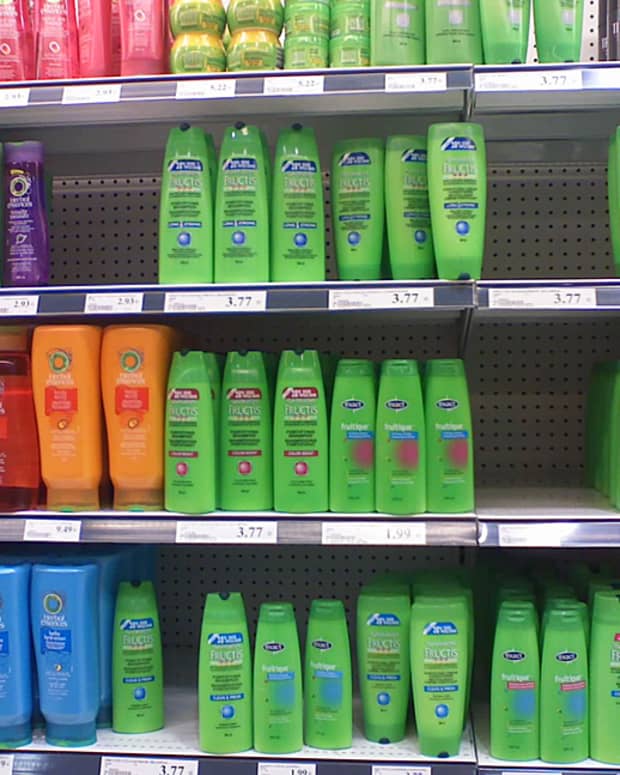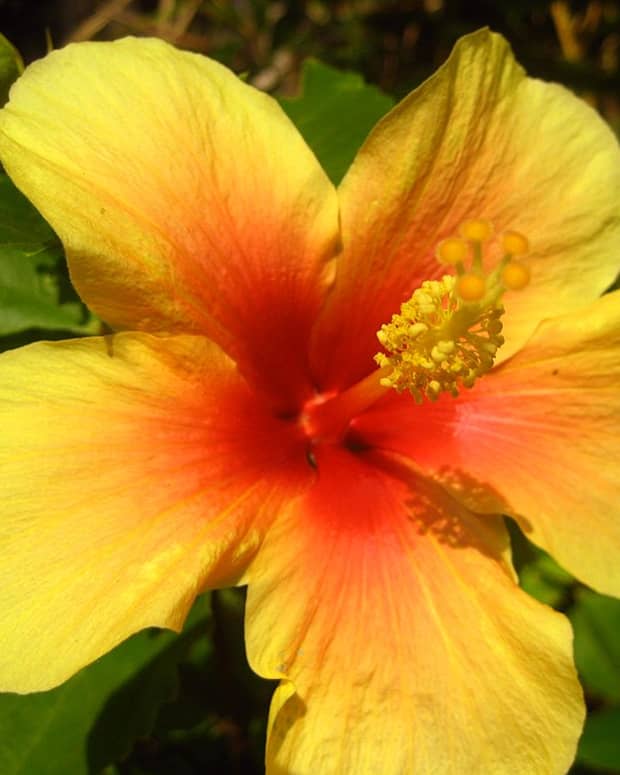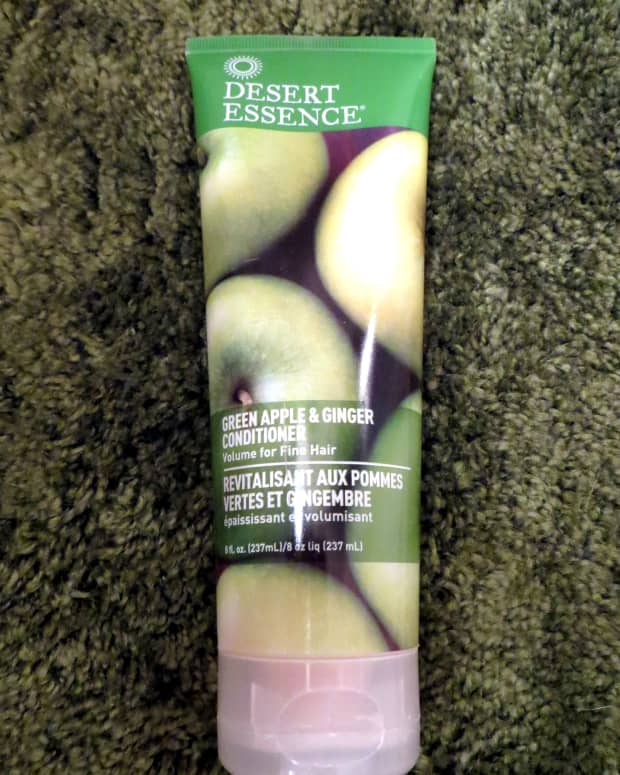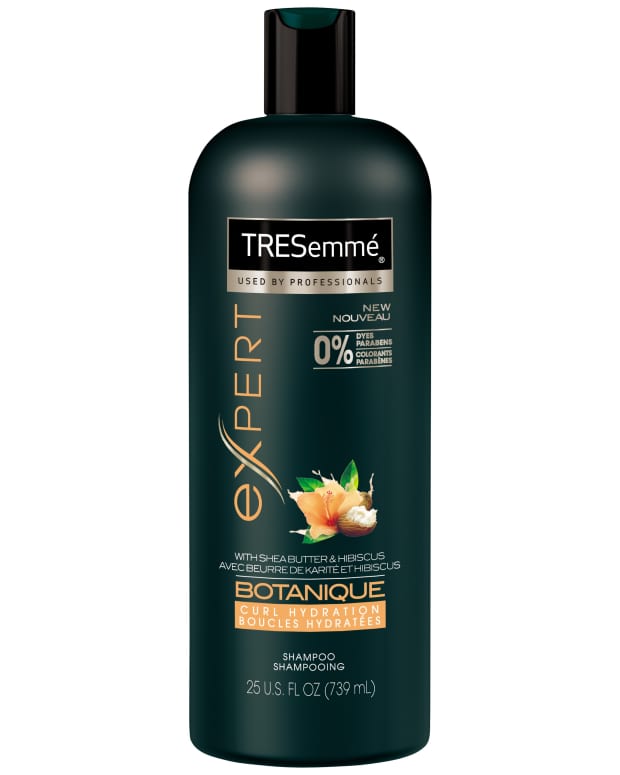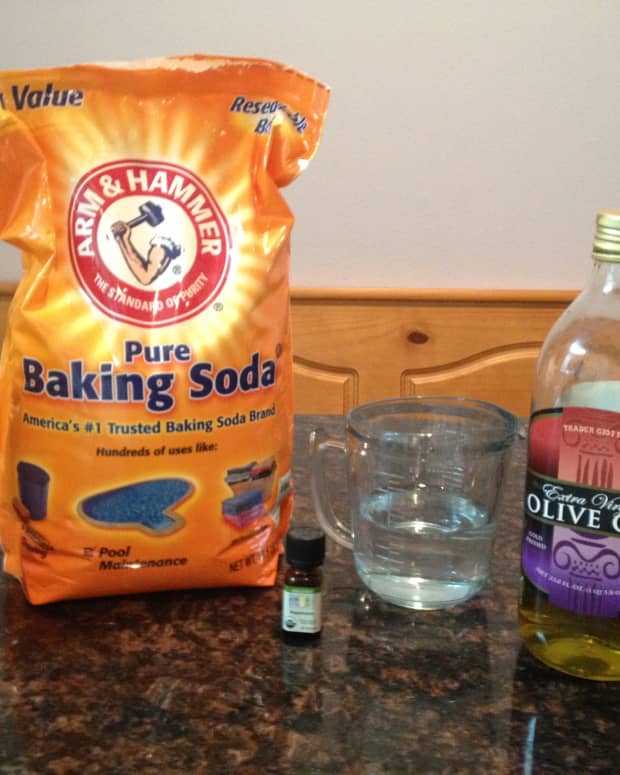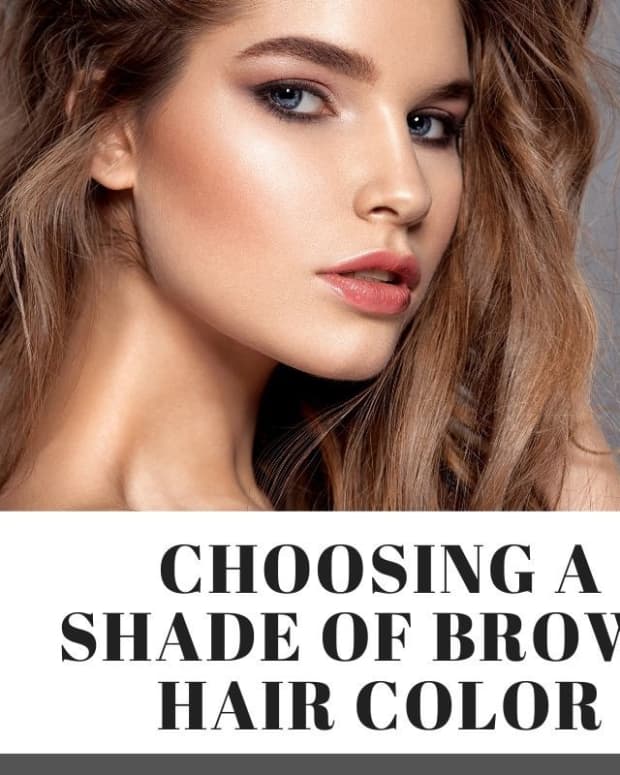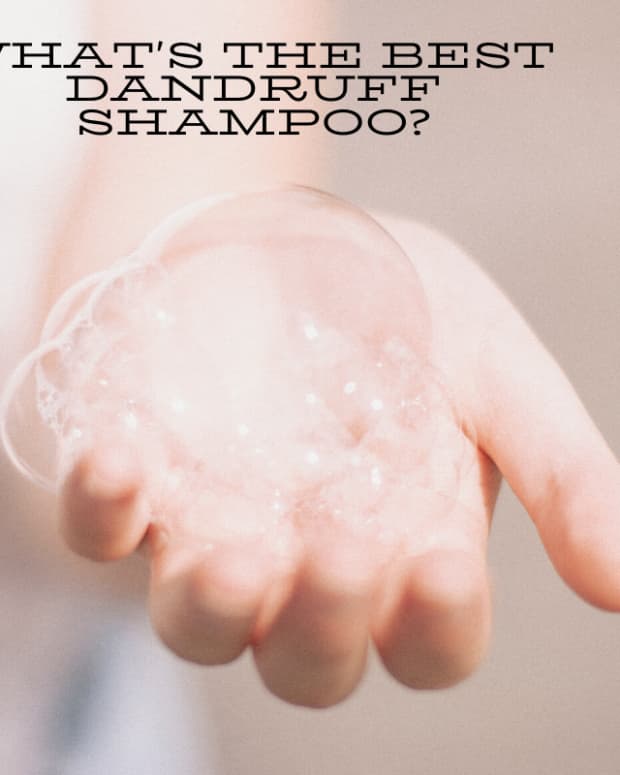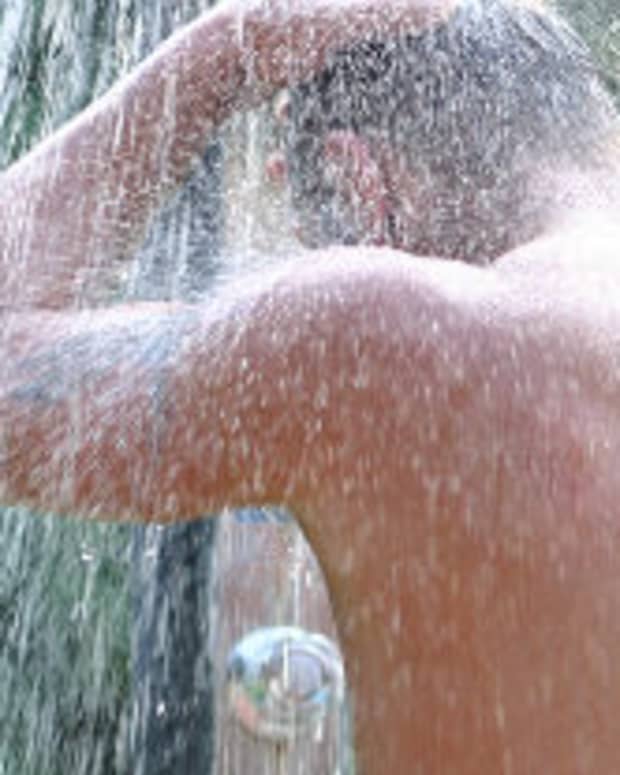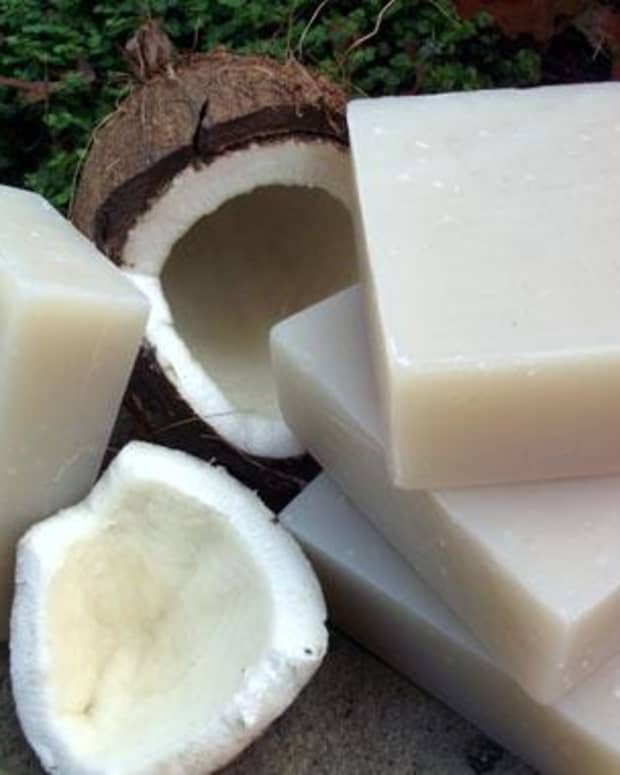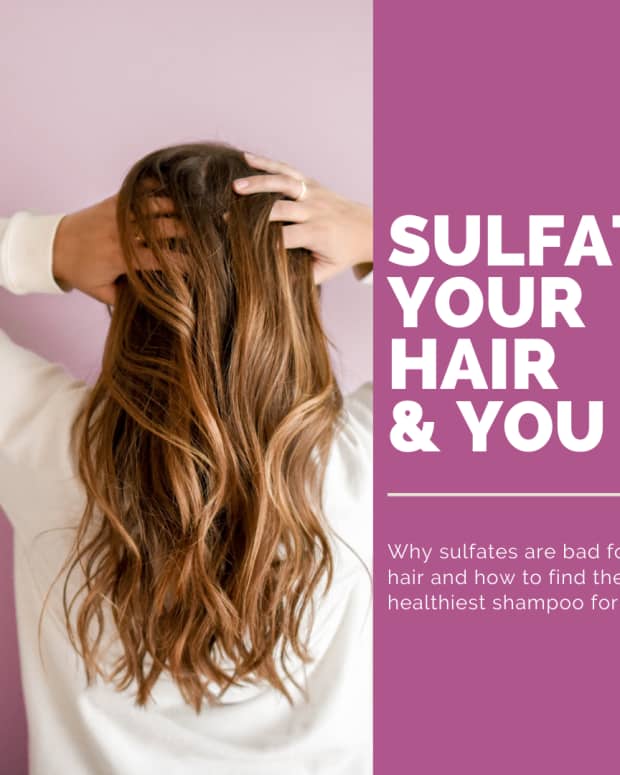How to Choose the Best Shampoo
Maffew is a hairdresser, marketer, and dabbler in many things who enjoys sharing knowledge about the science of hair coloring and hair care.
Have you been scouring the beauty aisles and feeling stumped when trying to find the best shampoo for your hair? With thousands of shampoos available, it can be hard to find one that is right for you.
Choosing the wrong shampoo can leave your hair looking and feeling lifeless or cause your new color to fade incredibly fast. If you want hair that dazzles in every light, you need to be able to understand shampoo bottles and choose one that will work for your own individual hair.
Types of Shampoo
There are many different shampoos, but each shampoo can be categorized in terms of what it is used for.
- Colored hair shampoo
- Color refresher shampoo
- Repair shampoo
- Dry hair shampoo
- Oily hair shampoo
- Clarifying shampoo
- Medicated shampoo
Each of these different kinds of shampoos have positive and negative attributes that determine whether they are the right product for you, and you can use the table below to get a head start in the right direction to learning which product could be the most ideal.
Shampoo Selection
| Hair condition | Shampoo to use |
|---|---|
Normal hair | Everyday shampoo |
Colored hair | Color or tinted shampoo |
Oily hair | Clarifying shampoo |
Dry hair | Moisturizing shampoo |
Dandruff | Anti-dandruff shampoo |
Psoriasis or eczema | Medicated shampoo |
Product buildup | Clarifying shampoo |
Damaged hair | Repair shampoo |
Mineral buildup | Chelating shampoo |
Colored Hair Shampoo
Shampoo meant for colored hair is much gentler than other shampoos. These shampoos are balanced at a lower pH so they don't open the hair cuticle as readily and dye molecules can't be washed out as quickly.
This is somewhat of a double-edged sword though, as these shampoos won't clean your hair as thoroughly as most other shampoos. Due to this, a colored hair shampoo is not the best shampoo if you have oily hair. They are also not ideal if you use a lot of hair products or swim often because these shampoos won't effectively remove these from the hair properly.
The best candidates for colored hair shampoos are people who have dry, potentially damaged hair, and need to minimize fading in their new color.
Hair Repair Shampoo
Hair that is damaged needs extra care. It is weaker, prone to breakages, and the incidence of split ends and frizz is increased dramatically. Hair repair shampoos contain added protein and amino acids to help rebuild the hair shaft after it has sustained damage, and alleviate the problems that coincide with this hair damage.
If you have damaged hair, you should avoid the use of clarifying shampoos, anti-fungal shampoo, or shampoos that state they are for use with oily hair. These shampoos can make damaged hair more brittle because they draw out too much moisture. Damaged hair is often porous and already has a problem maintaining a healthy moisture balance, so anything that affects this balance will exacerbate the damage.
People with damaged hair will find that the best shampoo for their hair type will be one that is gentle and moisturizing. You can safely use color refresher shampoo, hair repair shampoo, dry hair shampoo, or shampoo for colored hair without causing issues. Hair repair shampoo offers the most benefit because of its reconstructive effect.
Damaged Hair Tips
- Never brush or style your hair when it's wet. Damaged hair is particularly fragile when wet, making it more prone to snapping or split ends if handled harshly.
- Avoid clarifying shampoos or other shampoos that dry out your hair.
- Always follow up shampoo with a quality conditioner to moisturize your hair. This reduces the incidence of breakages and prevents the hair from feeling brittle.
Clarifying Shampoo
Clarifying shampoo is strong and you shouldn't use it as your regular everyday shampoo. This is the best shampoo for people who use lots of hairspray, wax, or gel because it has the power to strip out product buildup in hair that is styled often.
However, it should still only be used once a week or less, alternating with a gentler shampoo for regular use. For this reason, it's not the best shampoo to choose as your general use every time you wash your hair.
An added benefit of clarifying shampoo is that it can be used to strip out product buildup or conditioning products that would otherwise reduce the penetration of relaxing treatments and other salon services. When considering a chemical treatment, clarifying shampoo will allow the product to work to maximum effect as it removes impurities and films that would otherwise prevent the treatment from penetrating properly.
Read More From Bellatory
Special Note for Colored Hair
This kind of shampoo will speed up fading of hair color, so people with vibrant hair colors should avoid it to keep their color for longer. On the upside, clarifying shampoo can greatly expedite the fading of a color that has turned out too dark.
Color Refresher Shampoo
You may already use color refresher shampoo without realizing it because violet toning shampoos for blonde hair are a kind of refresher shampoo. The selection isn't limited to just blonde though; there are violets, reds, black, and shades of champagne and brown.
These shampoos can be used on colored hair to maintain a color or slow down fading in much the same way that blonde shampoos are used. They can also be used on natural hair to tone it with a subtle color change or counteract bleaching from the sun.
The color deposited through use of one of these shampoos is temporary and lasts until the next wash, so they can be an easy way to get by when you're between colors and still have a few weeks until you dye your hair again. This is typically way less effort and hassle than having to retouch your color often, and can even help to prevent hair damage through allowing you to use less permanent dye making these shampoos a great choice for anyone who dyes their hair often.
Using Color Refresher Shampoos
- For sun-bleached hair that is showing warm tones, use an ash brown shade of color refresher shampoo.
- Use red shampoos to add more vibrancy to natural or dyed red hair.
- You can slow down or even reverse fading in blonde hair with violet shampoo.
- Silver hair can be maintained with violet-blue based shampoos, which are usually referred to as purple or silver shampoo.
Dry Hair Shampoo
Shampoo for dry hair is gentler and contains added moisturizing agents. This helps condition the hair and doesn't strip out as much of the natural oil so the hair won't dry out more. These are the best shampoos for use on fragile hair that is prone to dryness. Using them on normal hair or hair that is oily however, will cause further buildup of oil and styling products.
Dry hair shampoo always works best when followed up with a quality conditioner, which can offer many benefits itself by smoothing the hair and helping to control frizz. If you have very dry hair, it can be beneficial to use a deep conditioner once a week to add in even more moisture and keep the hair satisfied all week.
Medicated Shampoo
Medicated shampoos contain added ingredients to treat problem skin. Anti-fungal shampoos are the most familiar and obvious example of a medicated shampoo. These shampoos contain fungicides to kill tinea and other fungal pathogens, thereby eliminating dandruff and benefiting the scalp. Other variants exist to treat conditions like psoriasis and ease itching.
You should only use a medicated shampoo if you have a condition that warrants usage. These shampoos are often expensive and won't provide any benefit to normal hair types. It's also difficult to find medicated shampoos that repair hair or are formulated to suit colored hair, and they can strip out color very rapidly when used on hair that has been dyed.
If you think you may have a scalp condition, you should schedule an appointment with a dermatologist and they'll not only be able to assess you and give you some effective treatment options to improve it, but can also recommend a quality medicated shampoo in most cases.
Chelating Shampoo
Chelating shampoo removes minerals by binding to otherwise insoluble metals so that they can be washed out of your hair. For this reason they are some of the best shampoos to use in any situation where a mineral buildup can be a problem. Just some of these situations include:
- Washing your hair often with hard water
- Swimming in chlorinated pools or ocean water
- Previous use of metallic dyes
A mineral buildup in your hair can lead to dullness and color changes, as well as affect the condition of your hair, increasing dryness and frizz. More importantly though is that too much metals in your hair can lead to greatly increased damage from bleaching or dyeing your hair.
If this is a problem you encounter due to your water supply, you should use a chelating shampoo before any chemical treatment to ensure your hair remains in good condition, but these shampoos shouldn't be used every day because they can be very stripping. Limit use to once a week at most.
More Information
- How to Take Care of Dyed Hair
Dyed hair needs specialized care to keep it looking and feeling its best. Find out how to take care of dyed hair and maintain your new color.
Shampoo is one of those things where you need to choose the right one to get the best results. By choosing the best shampoo to use, you'll alleviate problems and boost your hair's individual strengths. You'll end up loving your hair a lot more as a result.
Do you have a question concerning shampoo? Having trouble choosing the best shampoo for your hair? Leave a comment for tailored advice.
This content is accurate and true to the best of the author’s knowledge and is not meant to substitute for formal and individualized advice from a qualified professional.
© 2014 Maffew James
Comments
Maffew James (author) on November 21, 2016:
Hi Rosalind,
I think you'll find that your hair being oily at the roots and dry further out is a sign of damage. When hair is coloured or lightened, these processes often damage the outer layer of the hair shaft, which is called the cuticle. Normally, the cuticle looks a lot like scales and these structures remain tightly closed in dry hair to regulate moisture within the interior of the hair shaft, but when damaged will not seal the hair properly and allow moisture to be lost easily.
Most shampoos for damaged hair are best for minimising this issue, as are protein treatments. The reason for this is that the protein in these products will bind to weakened areas and help strengthen the hair, as well as better seal the surface against moisture loss. Ideally, use a repair shampoo to wash your hair, then apply a protein treatment, followed by conditioner. The more acidic conditioners will actually seal and smooth the hair more effectively because a low pH prompts the cuticles to close properly after shampooing. Products designed for use directly after bleaching can be beneficial for damaged hair because these conditioners are designed to neutralised the alkalinity of bleach and thus are more acidic.
After you've washed your hair, gently towel dry it and this is when you may like to use a small amount of leave-in conditioner. This step will add a little more moisture, but it's still possible for the hair to be dry and frizzy afterwards because this moisture won't be retained for long in porous hair. Ultimately, the best way to lock in moisture after washing your hair is to use a silicone based hair serum.
The majority of products labelled as 'hair serums', or 'hair oils' are silicone based and will suit this purpose. If in doubt, have a look at the product and it's ingredients. Silicone serums are viscous, yet feel slippery to the touch. If you put a small dab on your hands and massage it around, then wet your hands with water, the water will bead on the surface of your hands similar to a non-stick surface. It is this action that allows the product to function as a barrier cream for your hair. Moisture that is inside the hair shaft will be locked in, whilst external moisture, in the form of humidity, is shut out.
If you blow dry your hair, a hair serum should be applied to it while damp before drying, and then again when dry. Otherwise, if you let it dry naturally, you can do the same thing, or just apply it after it dries. If you use a product like hairspray, apply this after the serum, rather than before. As for the frizz, a repair shampoo and conditioner, and the use of a serum will go a long way towards rectifying this, but often it can only be fully eliminated with styling. Heated styling tools like curling wands and flat irons smooth out frizz more effectively than anything else when done correctly, however they can exacerbate dryness and cause damage over time. Hair serums have heat protectant properties if applied before straightening/curling, but the use of such tools may still be something you'd prefer to avoid if you're happier to continue not using them.
Rosalind on November 16, 2016:
I have colored treated hair that is oily at roots and frizzy dry ! I do not use heat tools on my hair, i do my best to take care of my hair! Please help with a good shampoo and conditioner.
st1023 on September 13, 2015:
Hi - I have tricky hair with conflicting needs. It's VERY fine, with a slight uneven wave, and it is very damaged from colorists who re-bleached the same sections multiple times. I've never seen it this thin, brittle, and frail. BUT! It's also super oily! Dry shampoo on Day 2 helps very little, no matter how carefully I apply it or what brand I use (and I've tried almost all, salon and drugstore). Is there a shampoo for damaged, fine hair that will also address the oiliness issue? Thank you! You write an incredibly helpful blog!
Maffew James (author) on September 14, 2014:
Thank you, I'm glad you liked the article.
John Hollywood from Hollywood, CA on September 14, 2014:
Great advice - I did not know a lot of what you posted here. I'm going to read more of your hubs - you are great and know a lot about hair care and coloring!
Mazlan A from Malaysia on August 13, 2014:
I have never bothered to check which shampoo is right for my hair. After reading this, I think now I know. Thanks for the tips and advice.

